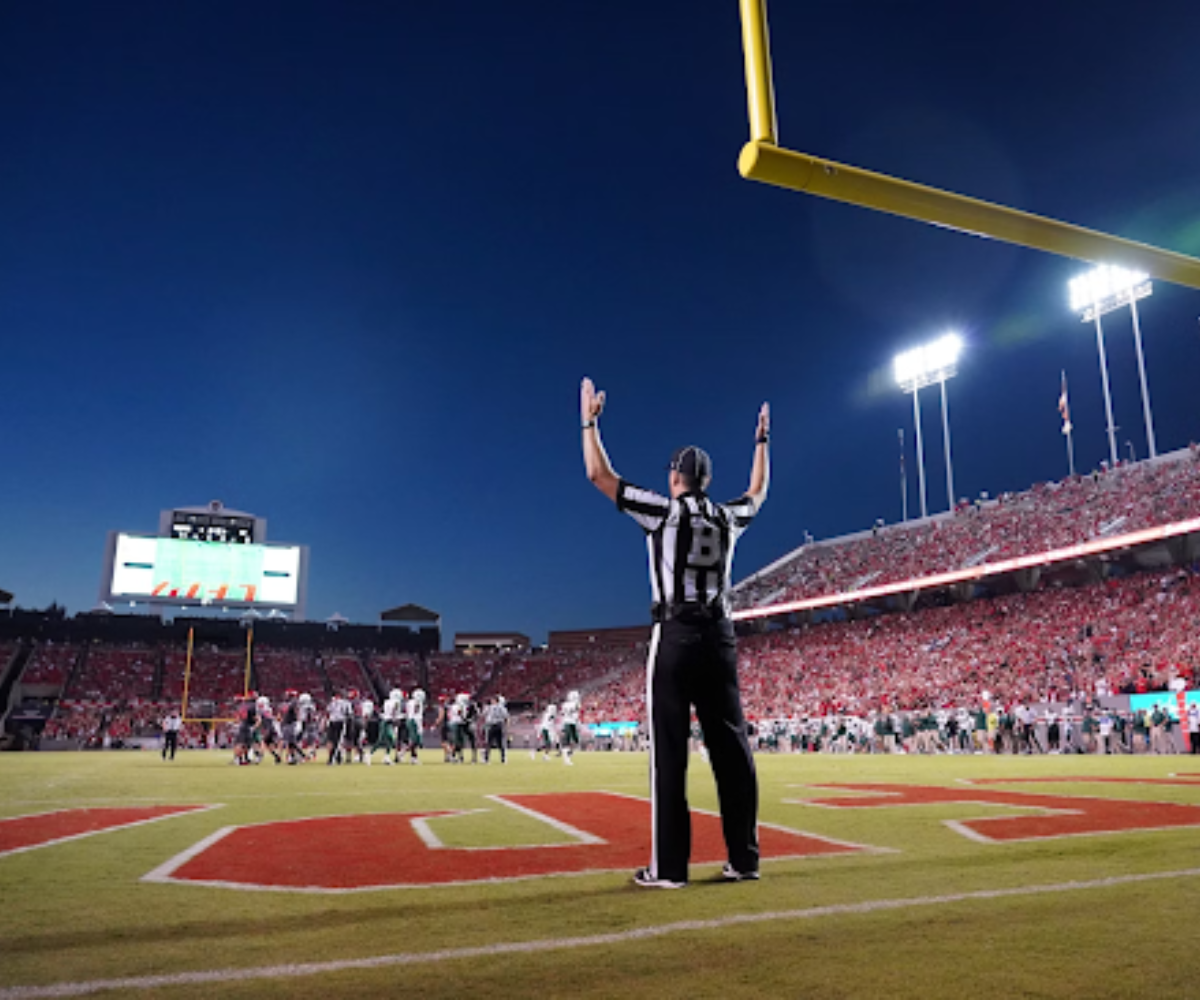Esports trading and fantasy leagues comparison
As the esports industry continues to flourish, two popular avenues for fan engagement and investment have emerged: esports trading and fantasy leagues. While both offer unique opportunities for participants to engage with their favorite games, they operate on different principles and appeal to varying audiences. This article compares esports trading and fantasy leagues, highlighting their key differences, similarities, and implications for participants.
1. Definition and Structure
Esports Trading: Esports trading involves betting on the outcomes of competitive gaming matches or trading virtual assets associated with games. Traders analyze player statistics, team dynamics, and market trends to make informed decisions about when to buy or sell assets. The trading environment is often dynamic, with prices fluctuating based on real-time performances and market sentiment.
Fantasy Leagues: Fantasy leagues allow participants to create imaginary teams composed of real players from various esports titles. Players earn points based on the actual performance of their chosen athletes in matches. Fantasy leagues can be season-long or daily, with participants competing against one another to accumulate the highest points based on their players' performances.
2. Engagement and Interaction
Esports Trading: Trading requires a deep understanding of the esports landscape, including player statistics, team strategies, and market movements. Traders often engage in real-time analysis during matches, making quick decisions based on unfolding events. This fast-paced environment appeals to individuals who enjoy the thrill of immediate financial stakes.
Fantasy Leagues: Fantasy leagues foster a sense of community among participants as they compete against friends or other players. Engagement is typically more social, with participants discussing strategies, sharing insights, and celebrating successes together. Fantasy leagues are often designed for longer-term engagement, allowing participants to manage their teams over weeks or months.
3. Risk and Reward
Esports Trading: The potential for profit in esports trading can be substantial, but it also comes with significant risks. Traders must navigate market volatility and make decisions based on incomplete information. Successful trading requires a combination of analytical skills and risk management strategies to mitigate potential losses.
Fantasy Leagues: In fantasy leagues, the risk is more predictable since participants draft their teams at the beginning of a season or event. The primary risk lies in player injuries or underperformance over time. However, the rewards can be substantial through cash prizes or bragging rights within leagues. Fantasy players often experience a more gradual buildup of excitement as they track their team's performance throughout the season.
Read: How to diversify esports trading portfolio
4. Market Dynamics
Esports Trading: The esports' trading market is influenced by various factors such as player transfers, team compositions, tournament outcomes, and community sentiment. Prices of assets can fluctuate rapidly based on real-time events, making it essential for traders to stay informed about ongoing developments in the esports scene.
Fantasy Leagues: Fantasy league dynamics are primarily influenced by player performance metrics over a defined period (e.g., a season). While external factors like trades or injuries can affect individual players' performances, fantasy players typically draft their teams before the competition starts and manage them throughout the season without direct involvement in market fluctuations.
5. Accessibility and Participation
Esports Trading: Participating in esports trading often requires a certain level of expertise in analyzing statistics and understanding market trends. While many platforms are user-friendly, successful traders must invest time in research and strategy development.
Fantasy Leagues: Fantasy leagues are generally more accessible to casual fans who may not have extensive knowledge of statistics or market dynamics. Many platforms offer simplified interfaces that guide users through drafting players and managing their teams without requiring advanced analytical skills.
6. Community Engagement
Both esports trading and fantasy leagues foster community engagement but in different ways:
- Esports Trading Communities: Traders often engage in forums or social media platforms where they share insights, strategies, and predictions about upcoming matches.
- Fantasy League Communities: Fantasy leagues promote camaraderie among participants as they compete against friends or colleagues. Many fantasy platforms include chat features that allow users to discuss strategies or celebrate successes together.
Esports trading and fantasy leagues represent two distinct yet complementary ways for fans to engage with competitive gaming. While trading focuses on real-time analysis and market dynamics, fantasy leagues emphasize long-term strategy and community interaction. Understanding these differences allows participants to choose the avenue that best aligns with their interests and skill sets. As both sectors continue to evolve within the rapidly expanding esports industry, they will likely offer new opportunities for engagement and investment for fans around the world.
Bet on Your Favorite E-Sports Teams at Betjrzy | Online betting | Betjrzy.com







%20(1200%20%C3%97%20232%20px)%20(9).png)











